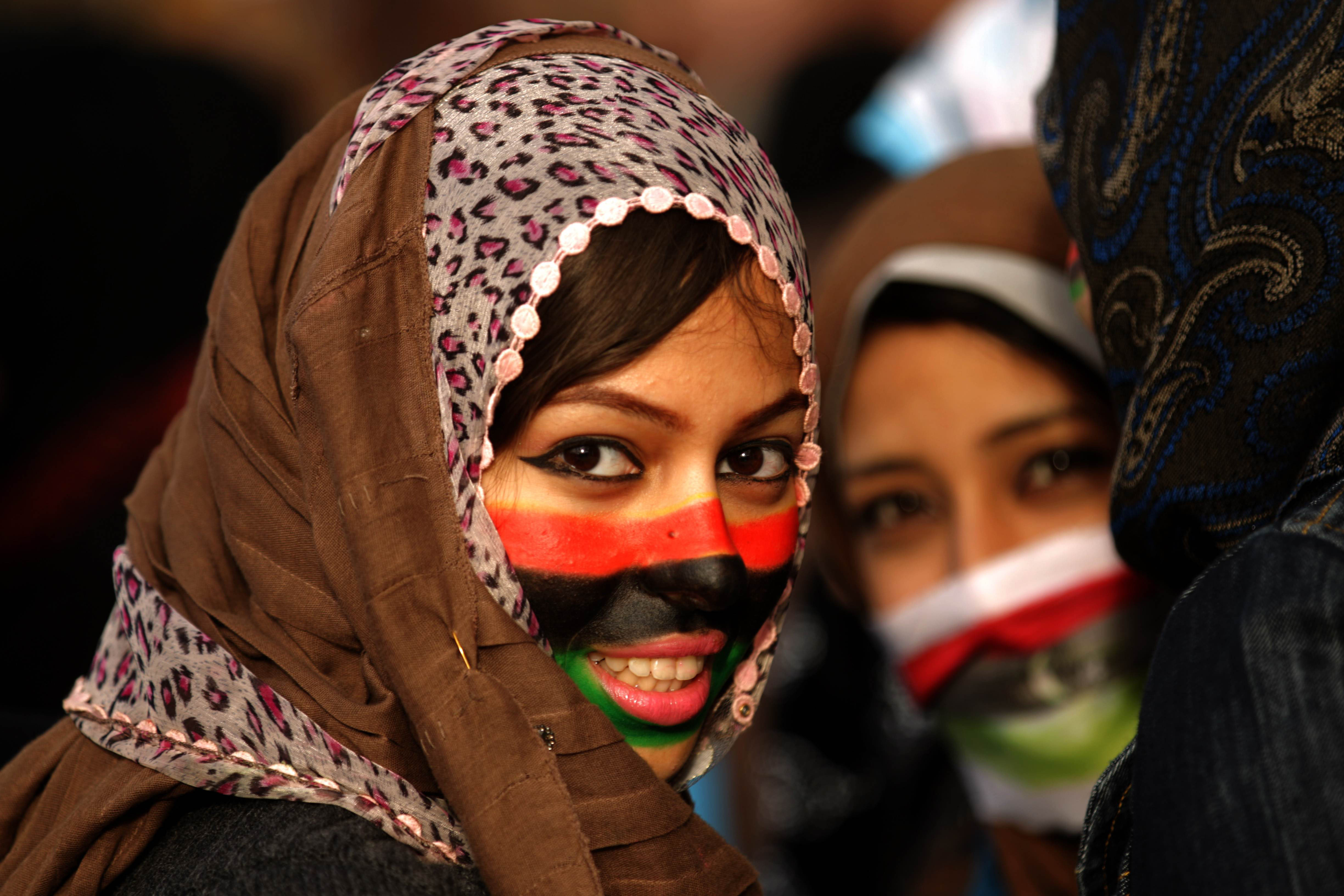No one paid much attention to the 21,000-ton oil tanker Morning Glory as it churned back and forth along the north African coast earlier this month. Tankers are a common sight, carrying Libya's oil exports around the world. But on March 1 it switched off its satellite transponder and vanished from world shipping maps.
Eight days later it appeared at Libya's biggest oil port, Es Sider, blockaded since the summer by a rebel militia. Within a week, its arrival would see a prime minister sacked and Libya on the brink of civil war.
Nearly 640 km (400 miles) away in the capital, Tripoli, Prime Minister Ali Zidan, 63, a lawyer and former dissident based in Geneva, was alarmed. He had come to the job 15 months before with high expectations. Libya, freed with NATO help from the dictatorship of Moammar Gadhafi in its bloody Arab Spring revolution, had everything going for it, holding Africa's largest oil reserves and having only 6 million people to share the wealth among.

















With your current subscription plan you can comment on stories. However, before writing your first comment, please create a display name in the Profile section of your subscriber account page.